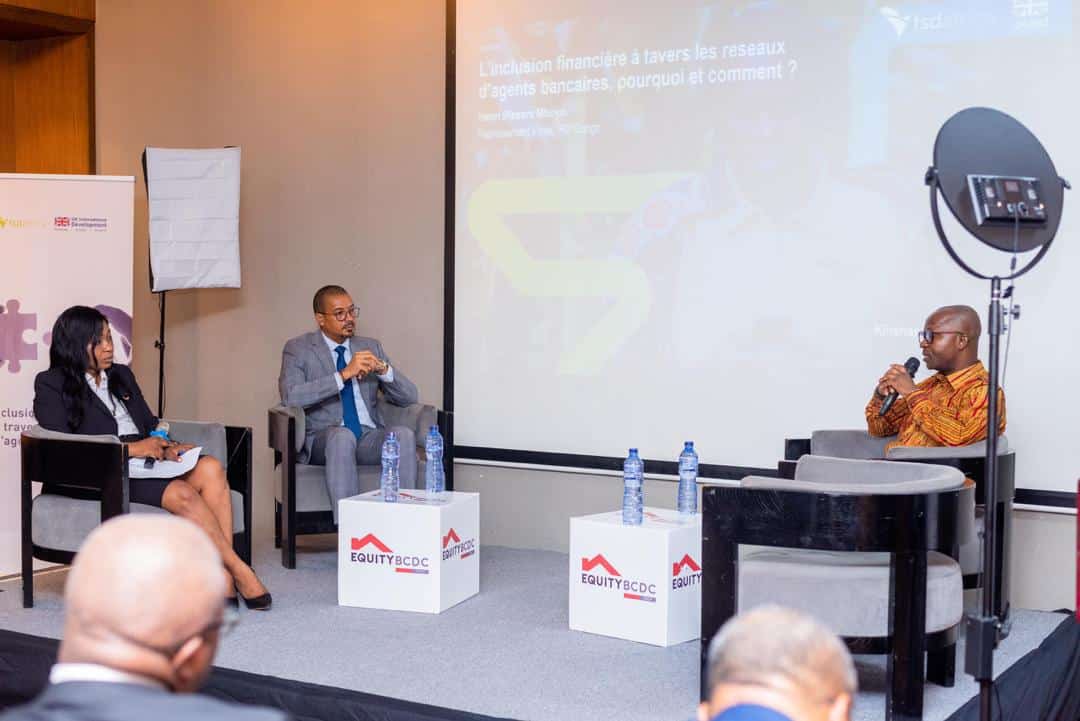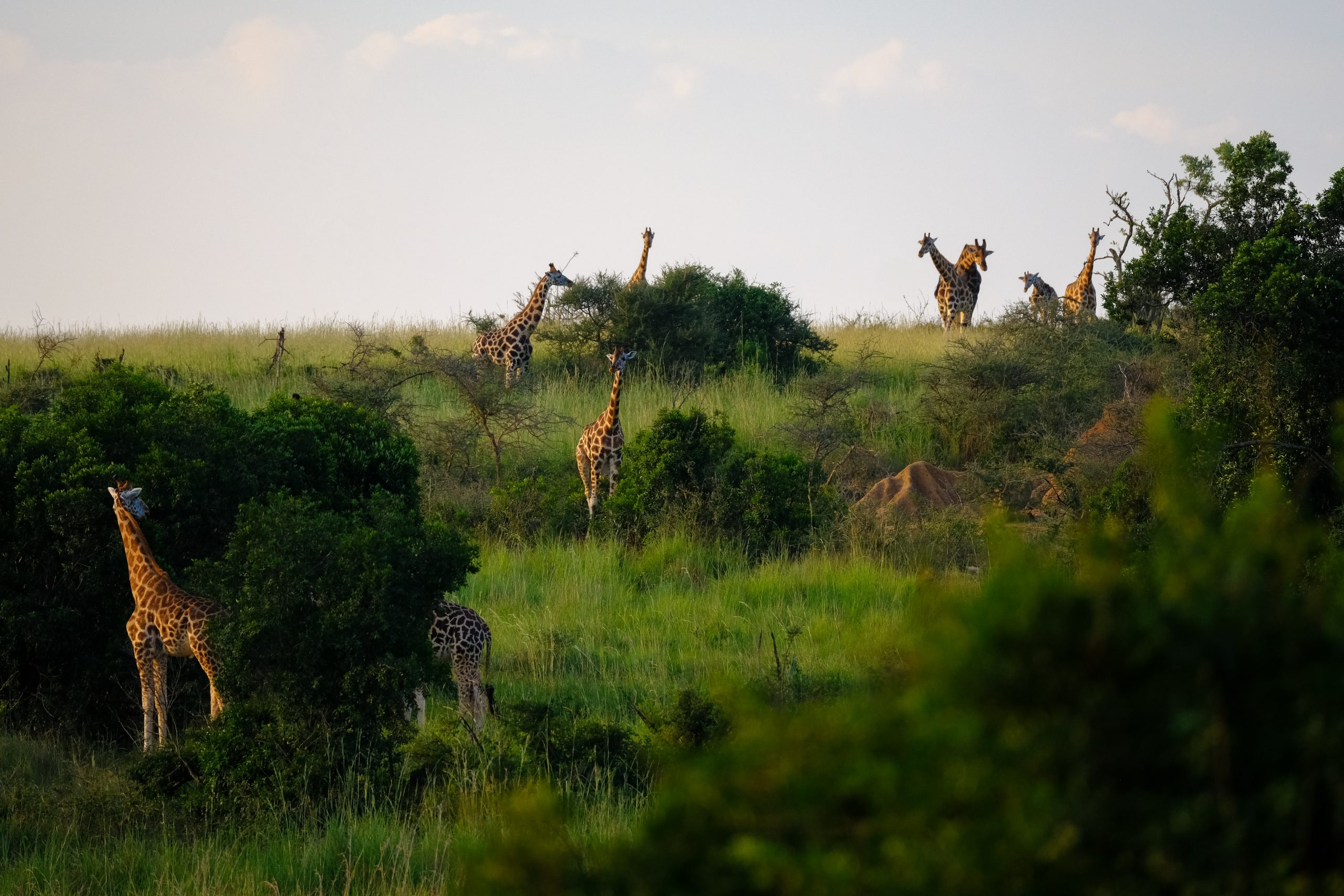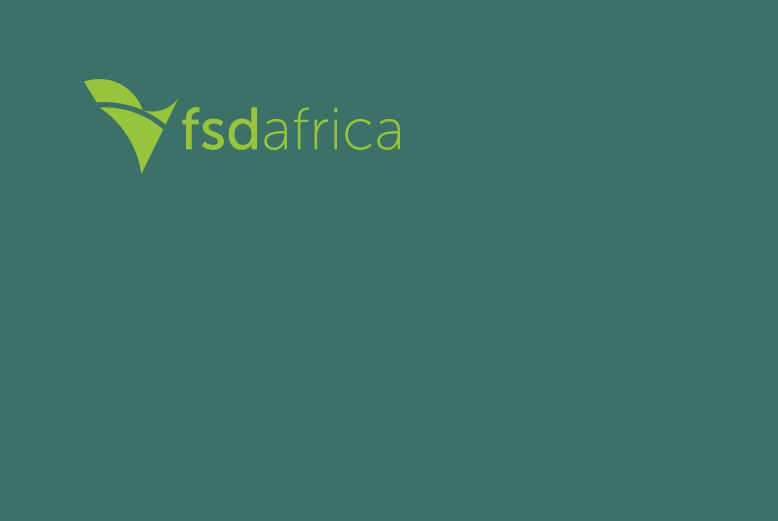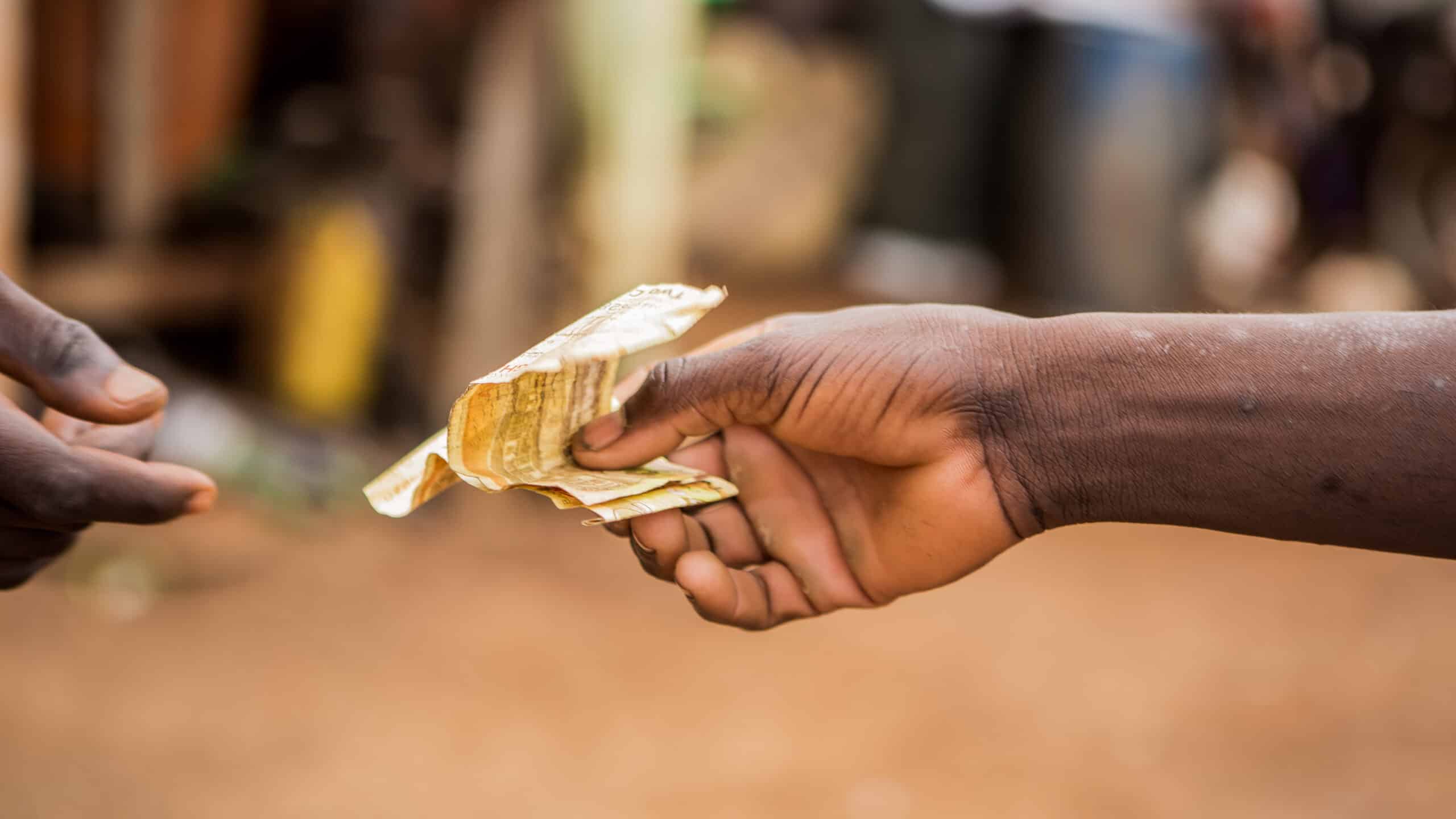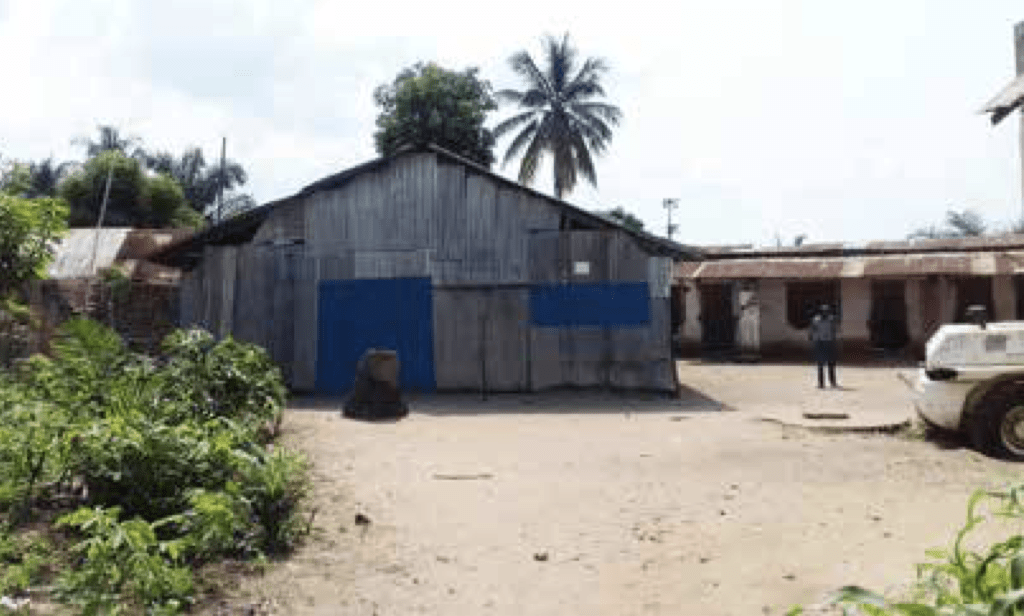Like most bankers, Patrick Kiiru did not imagine Congolese refugees as his ideal clients, seen by most as simply hungry, homeless, and transient. But after three days with FSD Africa in Gihembe Refugee Settlement—a bumpy one-hour journey north of Rwanda’s capital Kigali—the head of diaspora banking at Kenya’s Equity Bank Group began to change his mind.
After having experienced the refugee-finance business case firsthand, Kiiru describes reaching an “aha” moment: “I can solve this problem. It is possible to serve… refugees profitably.” Refugees need more than food and shelter; they, too, can benefit from financial services.
With targeted financial and technical support from two United Kingdom aid-supported agencies—FSD Africa and Access to Finance Rwanda—Kiiru’s bank is preparing to offer its Eazzy Banking mobile money product to Rwanda’s adult refugee population of more than 89,000, with plans to expand in other countries. With a footprint in Kenya, Uganda, Rwanda, and the DemocratDRC), this may be the early days of a region-wide approach by Kiiru and his team.
This risk perception versus reality gap is not distinct to banking refugees. The theme persists across all 26 fragile and conflict-affected states in sub-Saharan Africa, as defined by U.K. aid. There are two big picture consequences.
First, development agencies and their partners with a focus on private sector development can neglect to deliver services where they are needed most. According to a 2016 CGAP survey of 19 financial inclusion donors in sub-Saharan Africa, the highly fragile states of Chad, Central African Republic, and Somalia had only one active donor each. This means some countries, regions, and communities remain trapped within a humanitarian crisis paradigm.
As the world grows more prosperous, international development practices will only increase in concentration in the left-behind nations, regions, and communities.
Second, development financiers, commercial investors, and business leaders can misprice risk—adding a premium based on perception rather than the reality. This means capital is not being efficiently allocated. According to World Bank figures in 2017, excluding Ethiopia, Kenya, and Nigeria, just 3.23 percent of all foreign direct investment in sub-Saharan Africa reached fragile states.
This mean that, in fragile states, many investment-ready firms are left without the long-term finance they need to survive and grow. This is not to say fragile states are not difficult places to invest and do business. Since 2016, FSD Africa’s own increasing fragile states footprint in the DRC, Sierra Leone, Zimbabwe, and for forcibly displaced people has had to weather a cycle of instability: political (e.g., military coups, new central bank governors), environmental (e.g., Ebola outbreaks, mudslides), and economic (e.g., currency depreciation, inflation).
But the people, entrepreneurs, and investors in Africa’s fragile states are resilient and resourceful. The FSD Africa team has witnessed numerous examples of smart practices which help to mitigate risk.
On the investor side, locally born nationals, who are better able to price risk accurately, are particularly active; many accept that there will be arid periods when deployapital is too risky, and so switch to running their own enterprises; and many deals rely on financial innovation to hedge against risks.
On the donor side, some build a presence—people and platforms—which lays dormant when things are difficult, but which springs into action when pockets of opportunity present themselves. Others complement their fly-in, fly-out model with a permanent local lead, who provides a depth of relationships and market intelligence to build and maintain momentum in good times and b

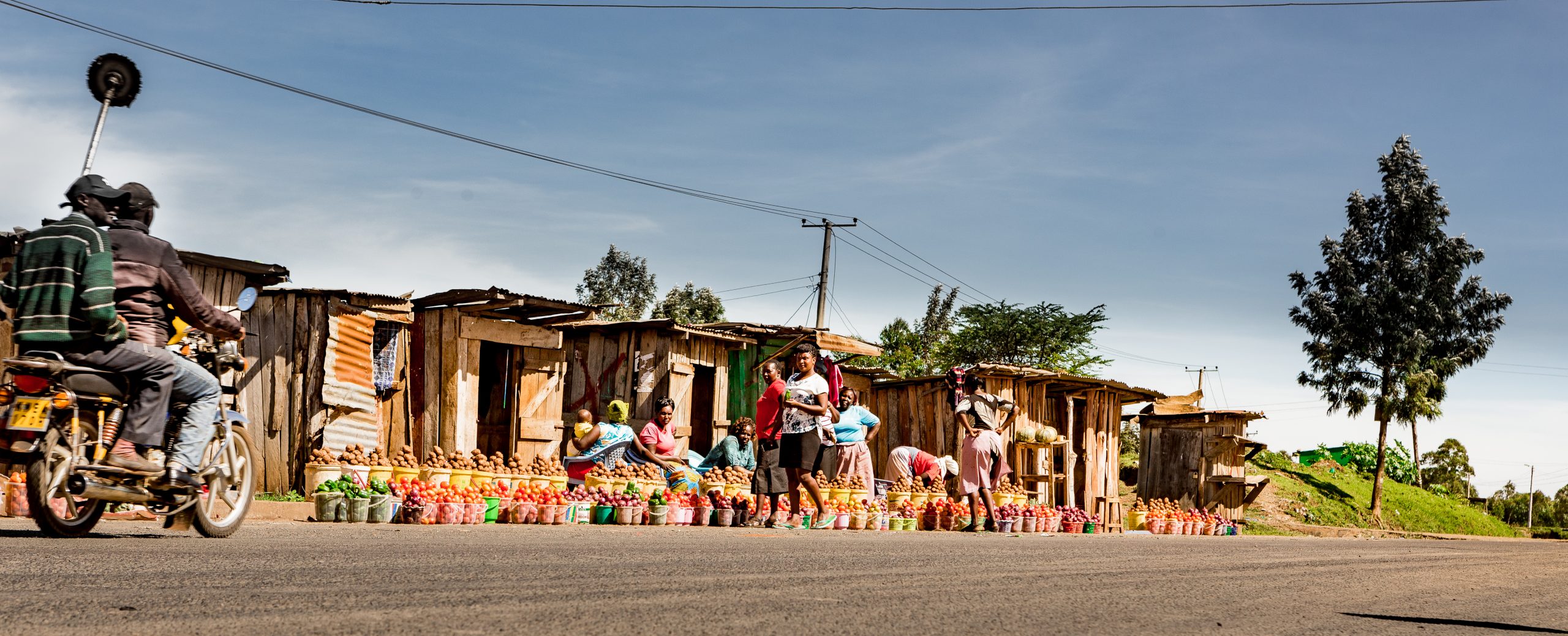
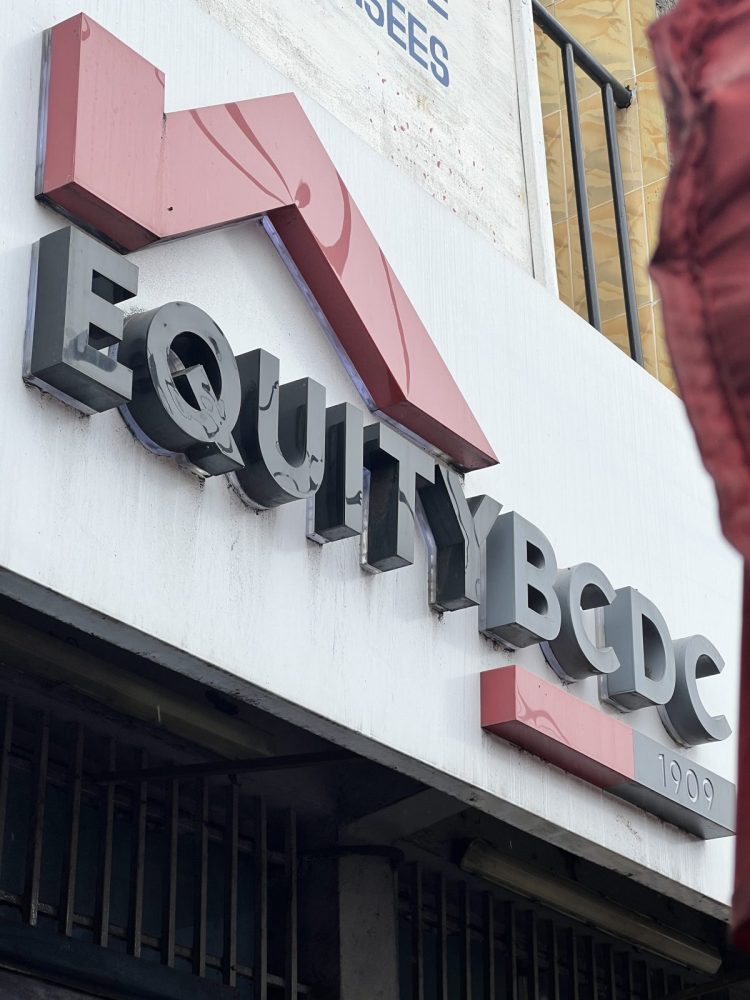
 How it started
How it started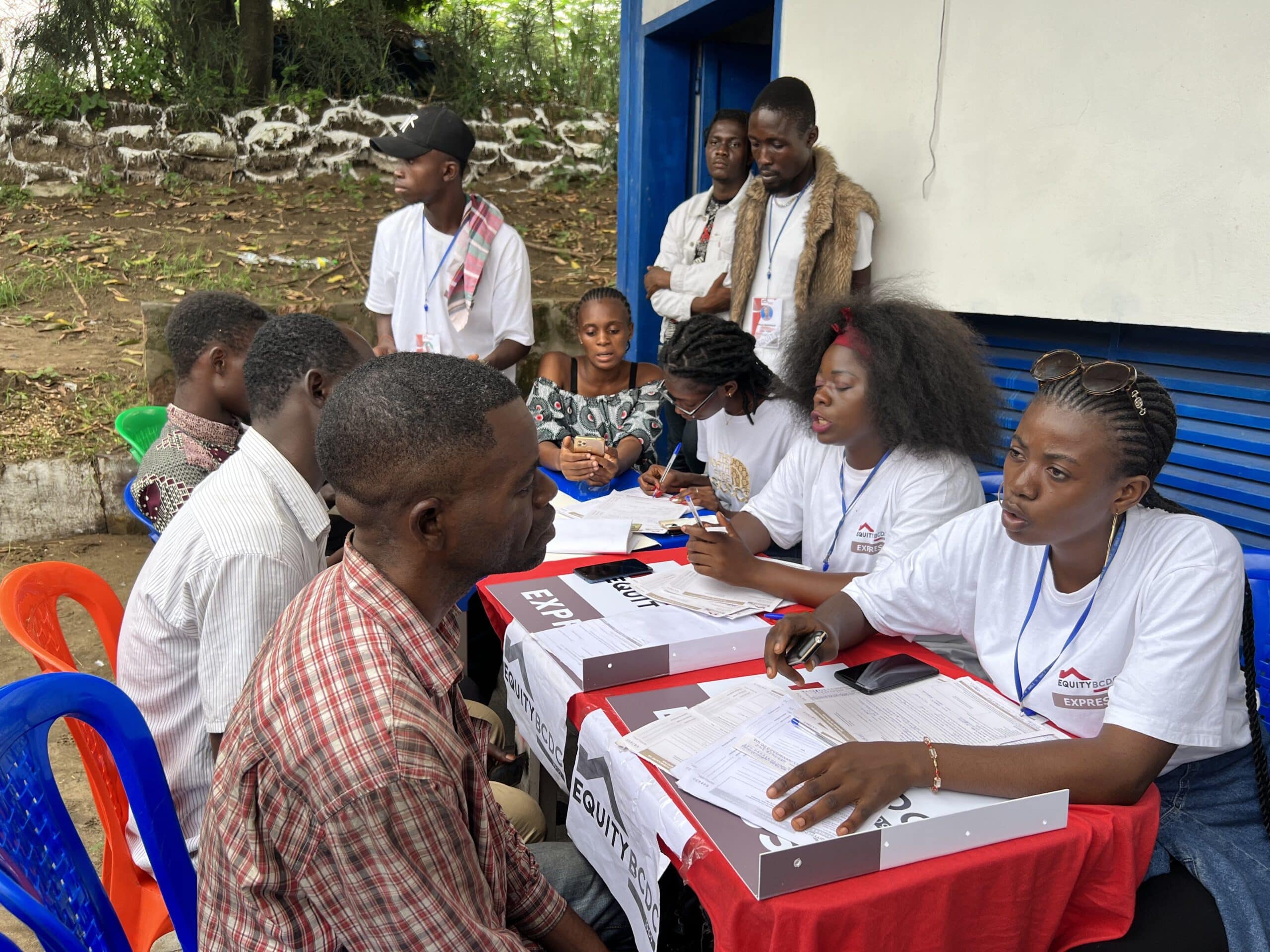
 What began as a dream evolved into an evident reality—a reality where farmers in Nsele can send money to their children in Kinshasa with a simple USSD code effortlessly without enduring long commutes. Where garbage collectors in Masina can reinvest their earnings to build a better future and inspire their community. Where women in Bunkeya foster empowerment and begin to see beyond traditional barriers, recognising the opportunities that access to finance affords.
What began as a dream evolved into an evident reality—a reality where farmers in Nsele can send money to their children in Kinshasa with a simple USSD code effortlessly without enduring long commutes. Where garbage collectors in Masina can reinvest their earnings to build a better future and inspire their community. Where women in Bunkeya foster empowerment and begin to see beyond traditional barriers, recognising the opportunities that access to finance affords.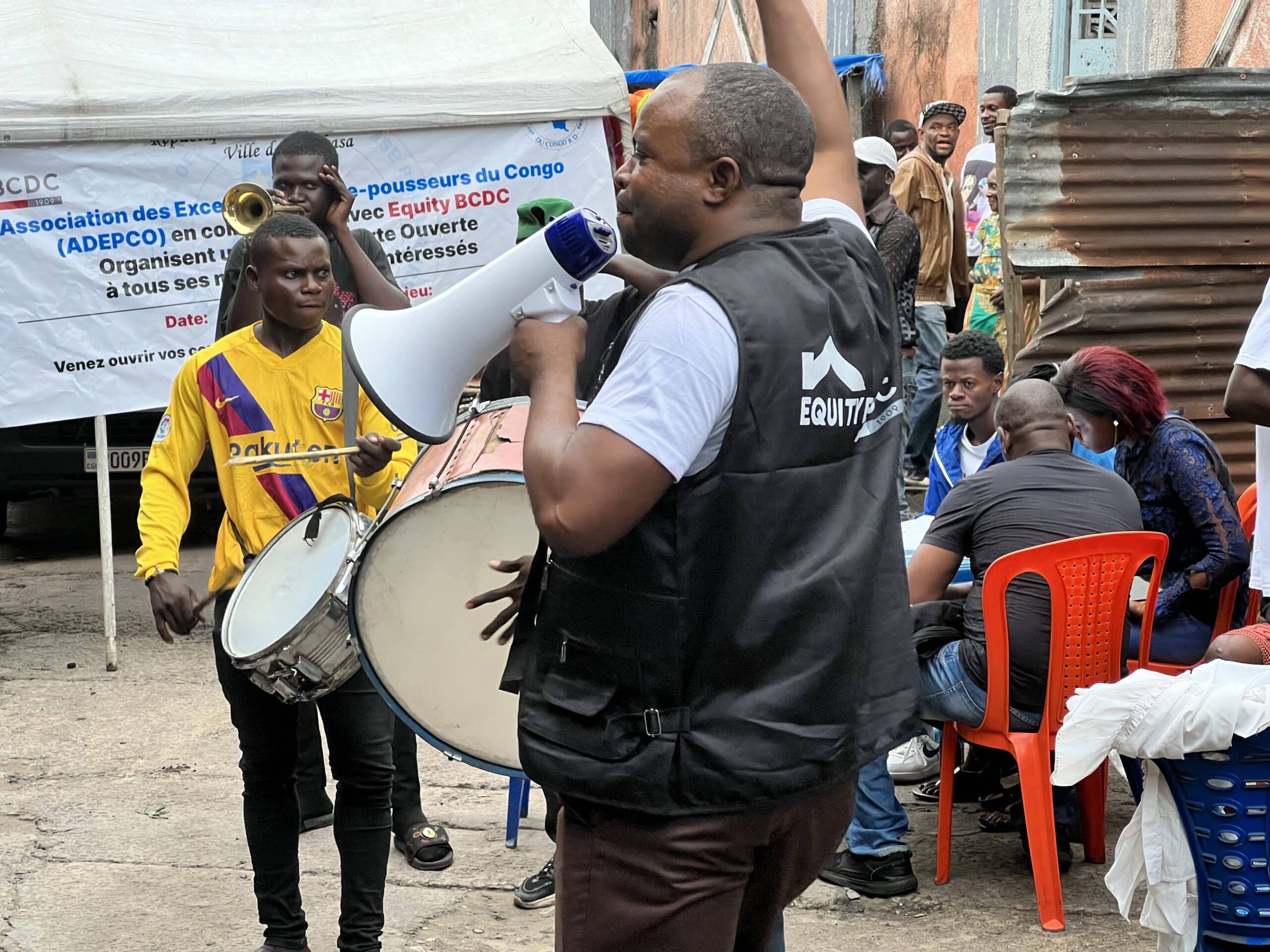 Transactions to transformation
Transactions to transformation